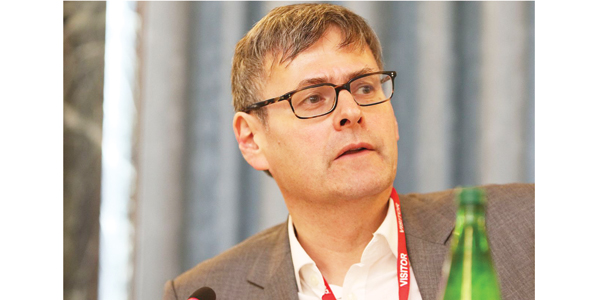Just seven of the world’s bishops recommended to Pope Paul VI that the Church’s ban on contraception should be maintained ahead of his controversial 1968 encyclical on the topic, a new book has revealed.
Mgr Gilfredo Marengo reports that Paul VI asked the 200 bishops gathered in the Vatican for the 1967 synod to provide him with their input ahead of him writing Humanae Vitae.
Despite Pope Paul’s appeal, only 26 bishops gave him a written response with seven of them against any change to the Church’s position.
Mgr Marengo leads a Pope Francis commission examining material from the Vatican archives on the preparation of the encyclical.
The revelations are contained in a 300-page book (inset) by Mgr Marengo, so far released only in Italian and titled La nascita di un’enciclica: Humanae Vitae alla luce degli Archivi Vaticani (Birth of an encyclical: Humanae Vitae in the light of the Vatican Archives).
Mgr Marengo makes clear in the book that Paul VI did not want to act alone on the issue but in the end disregarded the bishops’ advice along with the majority view of a commission set up by Pope John XXIII.
Those who drafted the encyclical, Mgr Marengo points out, made little attempt to listen to the voices of concern about the Church’s stance on contraception and the final text of Humanae Vitae was largely the product of theologians from the Vatican’s doctrinal office.
The book, however, provides fresh insights into how Paul VI, torn between the advice of episcopal and lay advisers, and the responsibility of the Petrine office to maintain doctrinal consistency, tried to make Humanae Vitae as pastorally sensitive as possible.
In this vein, Mgr Marengo explains that the encyclical was essentially a hasty rewrite of an earlier document produced by the Vatican’s Congregation for the Doctrine of the Faith with Pope Paul rejecting the first version, De nascendae prolis (“On a child’s birth”), when he was presented with it on 23 May 1968.
He ordered this to be rewritten and given a new title under the oversight of Carlo Colombo, auxiliary bishop of Milan, and Paul-Pierre Philippe, the Dominican secretary of the doctrine congregation. Paul VI made numerous changes to the text in the area of pastoral application of the teaching before it was approved on 8 July 1968.
The book also reports that the future Pope John Paul II, then Archbishop Karol Wojtyla of Krakow, did not have much input in the drafting the encyclical although he was one of the bishops to respond to Paul VI’s appeal.
The then Archbishop Wojtyla wanted the encyclical to go beyond simply restating earlier church teaching and showed particular concern about pastoral application. He was, as Pope, a defender of Humane Vitae’s teaching on contraception.
The UK international development secretary, Penny Mordaunt, has made public that she urged the Vatican to relax the Church’s ban on contraception.
At a meeting in Rome with Archbishop Vincenzo Paglia and Archbishop Paul Gallagher, Ms Mordaunt reportedly argued that the Church should make it easier for young girls to have access to contraception, specifically expressing concerns about what officials said was “the tragedy of 800 girls and women unnecessarily losing their lives every day through pregnancy or childbirth complications”.
Ms Mordaunt told The Daily Telegraph that her appeal to the Catholic Church “was to help us save lives, especially of young mothers”. A Vatican source questioned the extent to which Ms Mordaunt had helped UK diplomacy by making her appeal public and gaining her “15 seconds of fame”.


 Loading ...
Loading ...